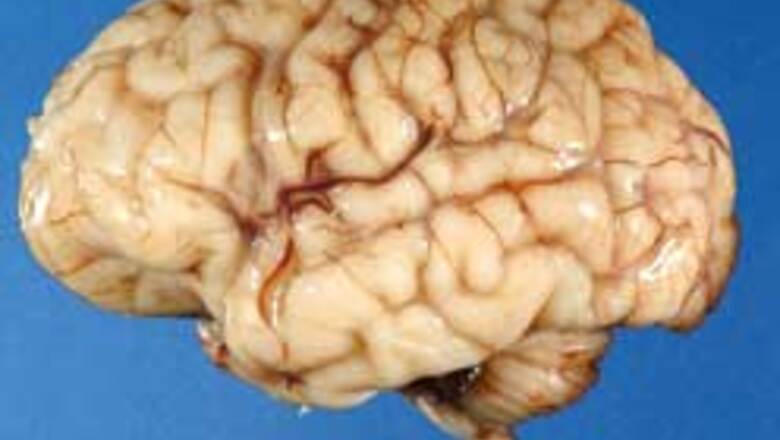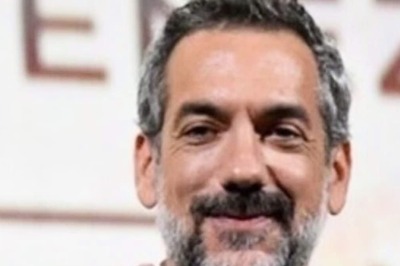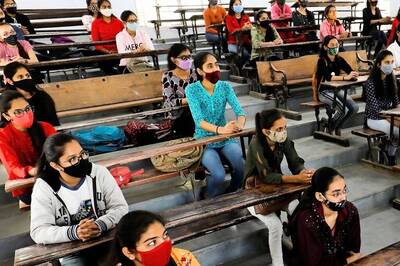
views
Washington: By deleting a gene in certain parts of the brain cells, researchers at UT Southwestern Medical Center have created mice that show deficits in social interaction that are reminiscent of humans with autism spectrum disorders.
The investigators also found physical abnormalities in the brains that mimic some cases of autism, showing that the research animals can be useful in studying the mysterious condition.
The finding is to be published in the May 4 issue of the journal Neuron, which confirms recent indications that a mutation in this particular gene could cause at least some forms of autism, said director of the Center for Developmental, Dr. Luis F. Parada.
Parada, director of the Center for Developmental Biology, led a research team that studied genetically mutated mice that show deficits in social interaction that are reminiscent of humans with autism spectrum disorders.
The researchers focused on a gene called Pten, which is also known to suppress cancers in humans. Some people with autism have mutations in Pten, but it has been unclear if that's what causes the disease, Parada said.
To test that hypothesis, the researchers deleted the gene in the front of the mouse brain and in areas of the hippocampus, a structure involved in memory and other functions.
In each of those conditions, the mutant mice were distinctly different from normal mice that came from the same litter.
Mice lacking the Pten gene were generally uninterested in unfamiliar mice, while normal mice approached the strangers.
When mutant mice were exposed to both an inanimate object and another mouse, they showed about equal interest in each, echoing the way children with autism prefer toys to people. The normal mice however, preferred the other mouse.
"It would be really exciting if it turned out that we've zeroed in on the anatomical regions where things go wrong in autistic patients, regardless of how the autism occurs," Parada said, adding that the next step in the research is to treat the mice with drugs to see whether it's possible to reverse the condition.



















Comments
0 comment